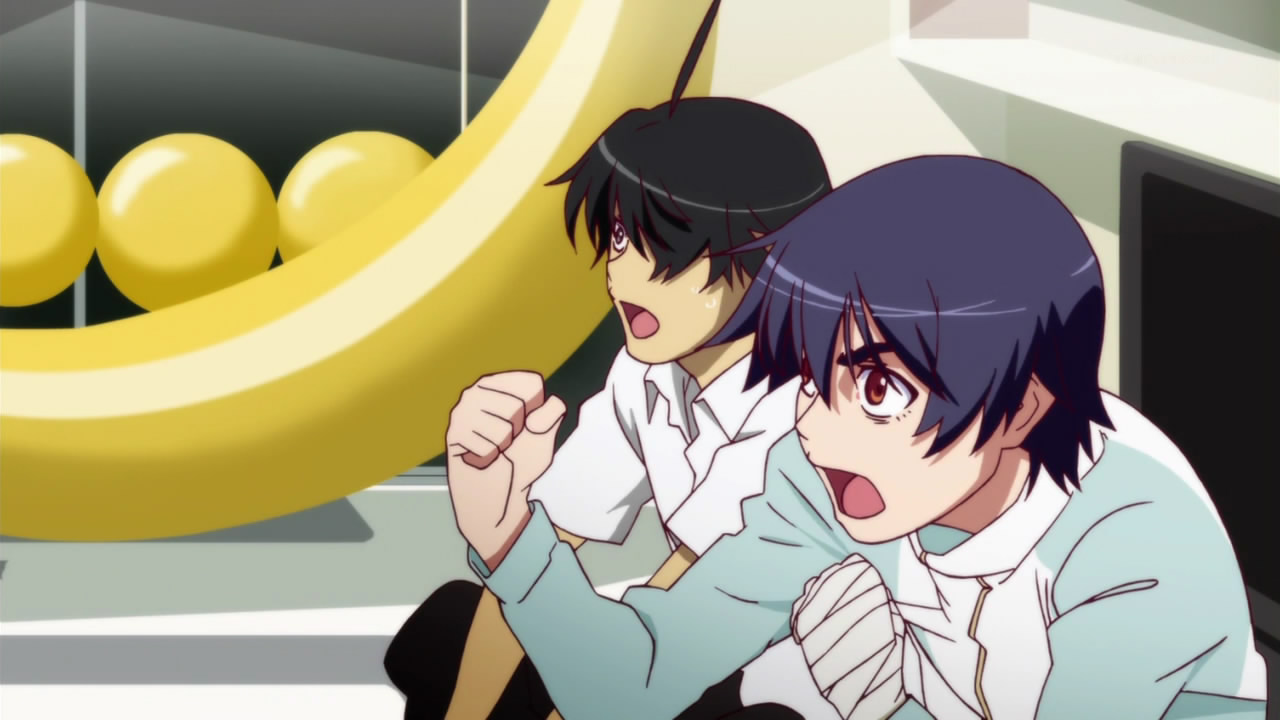

Exactly. Making the game WINE-compatible is not the same thing as committing to support. In reality, the only thing stopping WINE from working is Epic Anti-Cheat and the absurd thing about this is that Epic already gave EAC a WINE-compatibility mode – they’re just actively choosing not to turn it on.
What Tim’s really saying is this:
I don’t want our flagship game to be used as a way to highlight Steam’s better Linux support, so the game won’t come to Linux until EGS on Linux is at parity. Unfortunately, it doesn’t make sense for us to bother doing that right now because the Linux usershare is too small to matter.








Nice. Flagship features like these so often feel overlooked in the Linux GPU discussion. I like to think that’s because we’re all very serious pragmatists who don’t care for such frivolous addons, even if the simple truth is that vendors are indifferent towards Linux as an end-user platform.
In light of that, features like these coming in with 1st-party support is a welcome sign that things are (slowly) changing. Emphasis on “slow”; I don’t find it terribly impressive that Nvidia’s partially reversed the proprietary own-goal which they call NVAPI, especially considering the still ongoing parade of new (also proprietary!) standards which they insist on shoehorning into it… but I’ll acknowledge that they’re making progress nevertheless 😤